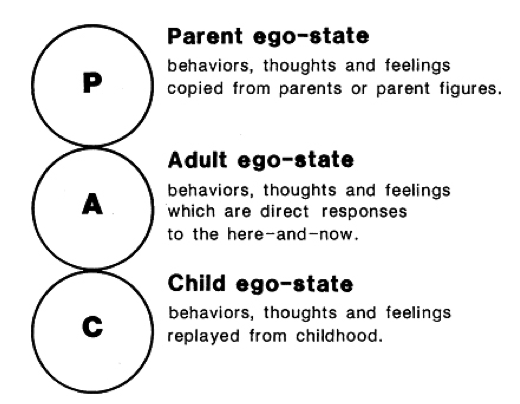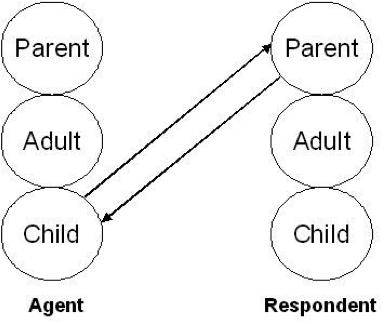Understanding repetitive patterns with integrative counselling
/What are repetitive patterns?
Repetitive patterns are embedded in the way we function. Though almost all patterns were once useful or adaptive to our needs, some now get in the way while others we want to keep.
Clients often arrive at the counsellors’ door because an aspect of the way in which they behave, think or feel persistently interferes with their lives, such that from one moment and one day to the next they become stuck. It can be devastating, personally destructive and can ruin relationships.
Where do repetitive patterns come from?
The origins of the problem might lie in one’s life history: experiences in childhood form the basis of psychological functioning for a person, while early interactions elicit responses that are repeated and reinforced throughout life.
Creative adjustments
These responses can be understood as ‘creative adjustments’, that is, as children we adjust our ways of being in our social context (which for a child is the world of adults) in order to survive the needs and injunctions of adults, and if possible flourish. Many of these ‘adjustments’ can be successful and adaptive - at the time.
As a child, we may form creative adjustments to fit in better with the world, and thus these become repetitive patterns in later life.
For example, when we are young, hiding feelings or keeping quiet might please the adults around us. It makes their lives easier and our life is, for the time, made easier: we don’t get told off or shouted at! Yet, if we hang on to those adjustments as our lives unfold those patterns may go on to dominate our way-of-being and relating with others. In this example, we may become unemotional or passive/unassertive adults and that might prove to hold our lives back, cause us to have difficulty with intimacy, or let people ‘walk all over us’, for example.
Some of our adjustments will also be positive and healthy and go on to give us very effective ways of being. Whether successful or unsuccessful, the accumulation of these adjustments go on to create us as we are, indeed, some psychologists say that as adults we are the sum of our creative adjustments.
Repetitive patterns and ‘the relationship’
In counselling, the existence of repetitive patterns or creative adjustments allows a way in – something coherent with which to investigate, shine the spotlight on, and if needed intervene. Knowing our patterns for what they are helps us to understand ourselves better, which paves the way to change, if that is what we want.
The important areas of attention in the timeline of a person’s life will often reveal themselves through sensitive and gently paced dialogue and an evolving, deepening ‘way of being’ between the therapist and client. If you have ever heard of a therapist or counsellor say ‘I work in the relationship’, this is what they mean.
Integrative Counselling and repetitive patterns
Integrative counselling allows the therapist and client to find their way, without restriction, to the important events, patterns and consequences in the person’s life. This can emerge or ‘show itself’ in how the person in therapy starts to feel about the therapist, or in how they interpret the dialogue and interaction. It also equips the practitioner with a variety of theories, models and techniques to help make sense of the events in a person’s history and in the therapy room.
Using Transactional Analysis to understand repetitive patterns
Sometimes we might use a model more explicitly to help us understand our patterns. Transactional Analysis (TA) sounds very technical but is just a ‘shorthand’ way of understanding how we develop repetitive patterns which gives us a way to change those patterns. It makes a distinction between three ‘ways of being’ that we have learned, mostly in childhood, but which we repeat as adults:
Transactional analysis' ego-state model can help us understand repetitive patterns
The three-part ‘ego-state model’ of personality, often shown as three circles one on top of each other, gives us a straightforward visual way of seeing how we function. It can also help us to visually understand our interactions with others, for example, someone feeling hurt and crying (in their Child state of feelings and behaviours) might elicit a caring-Parent or even irritated, angry Parent, as below.
The ego-state model demonstrates interactions
Pausing the merry-go-round
This is just an example of a ‘way’ an integrative counsellor might help someone make better sense of themselves and their own unique patterns. There are many other ideas and concepts that might prove equally helpful; the counsellor and client will mostly work out between them which ideas work best.
Ultimately, it might sound a bit scary sitting with a counsellor and exploring these sensitive and private aspects of yourself. So it is important for the therapy to move at its own pace. It is also why privacy, confidentiality, a safe, non-judgemental, secure bond, and trust are essential. Again, if you have read the profiles of a lot of counsellors and therapists, you will see these ideas mentioned a lot; this is why!







